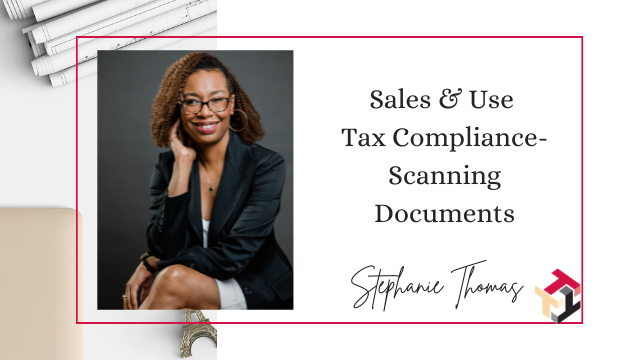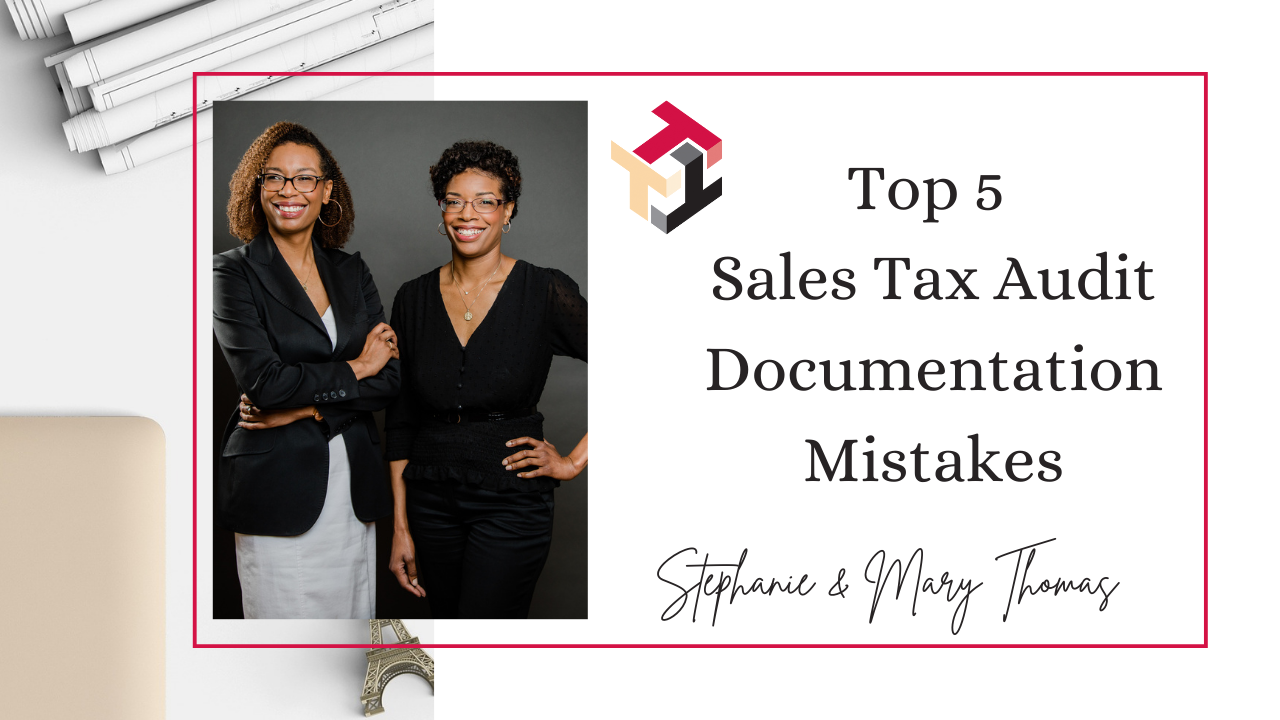When you first receive notification that your business is going to audited for sales and use tax compliance, there are a number of areas of concern they may occur to you. One thing that business owners routinely overlook is company credit cards and how they can impact your sales and use tax audit.
Company credit cards are a necessary evil in today’s world. Debit cards are also increasing in popularity. In theory, enabling trusted employees to make purchases on the company’s behalf is a good thing. Companies establish policies and safeguards about who has access to company credit cards as well as the approval process and spending limits and thresholds. Just as important is a document retention policy relating to receipts, internet purchases, etc. A lack of a documentation policy can be problematic once an auditor starts reviewing your records.
The Sales & Use Tax Audit Process
When undergoing a sales and use tax audit, the auditor can review various documents including your general ledger, bank statements , fixed assets, expense reports, and credit card statements. One of the goals is to identify any taxable purchases where the appropriate sales tax or use tax was not charged. If you are making purchases using a debit card or credit card, proving that sales tax was charged on the purchase may be more problematic.
Unfortunately, credit card companies do not always list the sales tax paid on a purchase. Most charges reference the total price of the purchase, not the separately stated sales tax that may have been charged. You may have the same issue as it relates to debit cards.
Keep the Receipts
This issue can lead a business owner into the murky and often frustrating world of trying to find receipts and invoices for items purchased with these cards. Each company has their own record retention policy. But that policy can make things very difficult when trying to supply an auditor with additional information about a credit card or debit purchase.
Common issues are when companies do not retain receipts for “small” purchases, the document was scanned improperly, or when the receipt is so old, the ink has faded and it is not legible. Other issues include those internet purchases where the appropriate backup detailing the separately stated sales tax was never obtained by the accounting department. Instead the invoice or receipt is in the employee’s inbox. It can be problematic if the employee not longer works at your company and their email account is inactive.
While some people may think that retaining purchase invoices and receipts for “small dollar” items isn’t that important, I have three words for you: Sample and Projection. Those seemingly inconsequential small dollar purchases can turn into a major headache if your purchases are sampled.
Things You Should Do
It is important to remember to maintain your receipts and invoices. Create a document retention policy. Print or scan those invoices from your internet purchases. If your receipt is on the type of paper where the ink can disappear, make a copy or scan it. I also suggest that all of the receipts for purchases referenced on a credit card statement be filed with the credit card statement when possible. The same advice holds for debit cards.
Create a filing system, document retention policy where the receipts or invoices relating to credit card purchases are filed and easily retrieved. A little planning can make finding these documents again easier in the long term.
When making your document retention policy, keep in mind the statute of limitations in the jurisdictions where you conduct business. The statute of limitations is normally three to four years if there is not finding of fraud, but you should research the statute of limitations in the applicable jurisdictions.
Key Takeaway
The key takeaway is that an effective document retention policy can make your life easier and help eliminate stress if your business is ever subject to s sales and use tax audit.
FYI- This should also be done when making large dollar purchases, including purchases of equipment, software and fixed assets.




















0 Comments